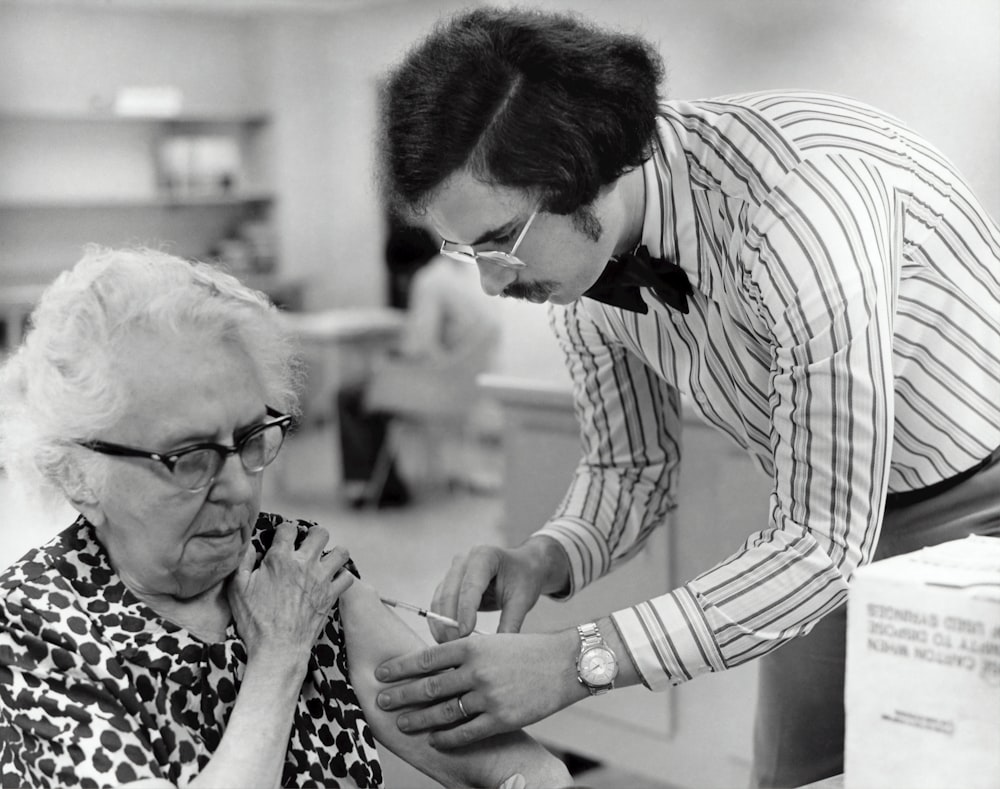Guardian Cats: Safeguarding Feline Health with Rabies Vaccines
In the realm of responsible cat ownership, ensuring the health and well-being of our feline companions takes center stage. One crucial aspect that often demands our attention is the administration of rabies vaccines. Let’s delve into the significance of these vaccinations and why they are a vital component of a cat’s overall health.
Understanding the Basics of Rabies Vaccines
Rabies, a viral disease that affects the nervous system, poses a significant threat to both animals and humans. Vaccination against rabies is a preventive measure that proves highly effective in protecting cats from this potentially fatal disease. The vaccine works by prompting the cat’s immune system to produce antibodies against the rabies virus, providing a shield against future infections.
The Importance of Early Vaccination
Timing is everything, especially when it comes to rabies vaccinations for cats. The recommended age for the initial rabies vaccine varies, but it’s commonly administered when a kitten is around 12 weeks old. This early intervention ensures that the cat builds immunity before potential exposure to the virus. Booster shots are then administered periodically to maintain the cat’s protection throughout its life.
Legal Requirements and Public Safety
Beyond the health benefits for your cat, adhering to rabies vaccination protocols is often a legal requirement in many regions. Local regulations may dictate specific vaccination schedules, and failure to comply can lead to consequences. Furthermore, ensuring your cat is up-to-date on its rabies vaccinations contributes to public safety, as rabies is a zoonotic disease that can be transmitted to humans.
Protecting Indoor and Outdoor Cats Alike
Some cat owners may argue that their indoor cats face minimal risk of encountering rabies. While it’s true that outdoor exposure may increase the risk, no cat is entirely immune. Bats, for example, can enter homes, potentially exposing indoor cats to the rabies virus. Vaccinating both indoor and outdoor cats is a proactive measure to ensure their safety, regardless of their living environment.
Recognizing Signs of Rabies in Cats
Understanding the signs of rabies in cats is crucial for early detection and intervention. However, it’s essential to note that vaccinated cats are highly unlikely to contract the virus. Symptoms of rabies may include behavioral changes, aggression, excessive salivation, difficulty swallowing, and paralysis. If you observe any unusual behavior in your cat, seek immediate veterinary attention.
Choosing the Right Vaccination Schedule
Determining the right rabies vaccination schedule for your cat involves consulting with a veterinarian. They consider factors such as your cat’s age, health status, and lifestyle to tailor a vaccination plan. Some regions may have specific requirements regarding frequency, so staying informed and working closely with your vet ensures your cat receives optimal protection.
Exploring More About Rabies Vaccines for Cats
For cat owners seeking additional information or looking to schedule rabies vaccinations, catmario4.org provides valuable resources and guidance. Their commitment to feline well-being makes them a trusted source for understanding the importance of rabies vaccines and taking proactive steps to protect your cat.
In conclusion, rabies vaccines for cats are not just a medical necessity; they are a responsibility that comes with pet ownership. By prioritizing your cat’s health through timely vaccinations, you not only safeguard them from a potentially deadly disease but also contribute to public safety and responsible pet ownership.




